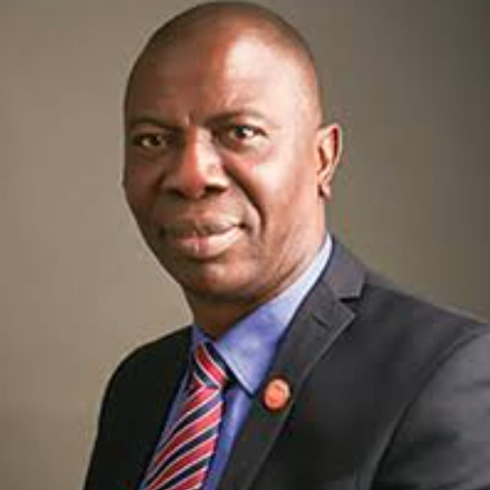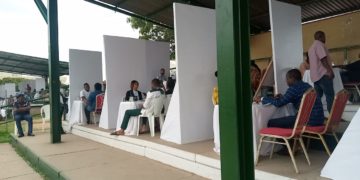A non-governmental organisation, the Africa Leadership Foundation (ALF), has called for a national dialogue on reparative justice for African women and girls, urging policymakers to take immediate and concrete steps to address centuries of systemic oppression.
The call follows a high-impact virtual dialogue hosted in collaboration with regional partners and stakeholders in commemoration of International Women’s Day 2025.
ALF’s campaign seeks to propel sustained efforts to rectify the enduring consequences of slavery, colonialism, and patriarchal structures, which have left African women and girls disproportionately disadvantaged.
These historical injustices manifest in persistent economic inequality, restricted access to leadership and resources, and an alarming prevalence of gender-based violence. By advocating for national dialogues, ALF aims to influence policy reforms that will dismantle oppressive systems and create a path toward a just and equitable future.
ALF’s executive director, CEO, Dr. Olumide Ajayi, at the dialogue, emphasized the urgency of this movement, stating, reparative justice is not just about acknowledging past harm; it is about addressing the systemic barriers that still exist currently.
“Economic disparities, limited land ownership rights, exclusion from leadership, and pervasive gender-based violence continue to trap African women in cycles of injustice,” Ajayi affirmed.
He called on national parliaments across the continent to take decisive action, ensuring that discussions on reparative justice for women translate into enforceable policies. A key outcome of the dialogue includes the consolidation of recommendations into a policy framework to be presented to the African Union Commission (AUC) and other relevant stakeholders.
Head of coordination and outreach division, AUC Women, Gender and Youth Directorate, Ms. Victoria Maloka, reiterated the need for legal frameworks to drive reparative justice.
She emphasised that the AU Convention on Ending Violence Against Women and Girls (CEVAWG) must be ratified by all member states to ensure accountability and justice for survivors of gender-based violence.
Dean of Humanities at the University of Cape Town, Professor Shose Kessi, underscored the link between violence against women and broader socio-political instability.
“Women and girls are especially vulnerable during civil unrest and war, where sexual violence, trafficking and intimate partner abuse surge,” she noted.





